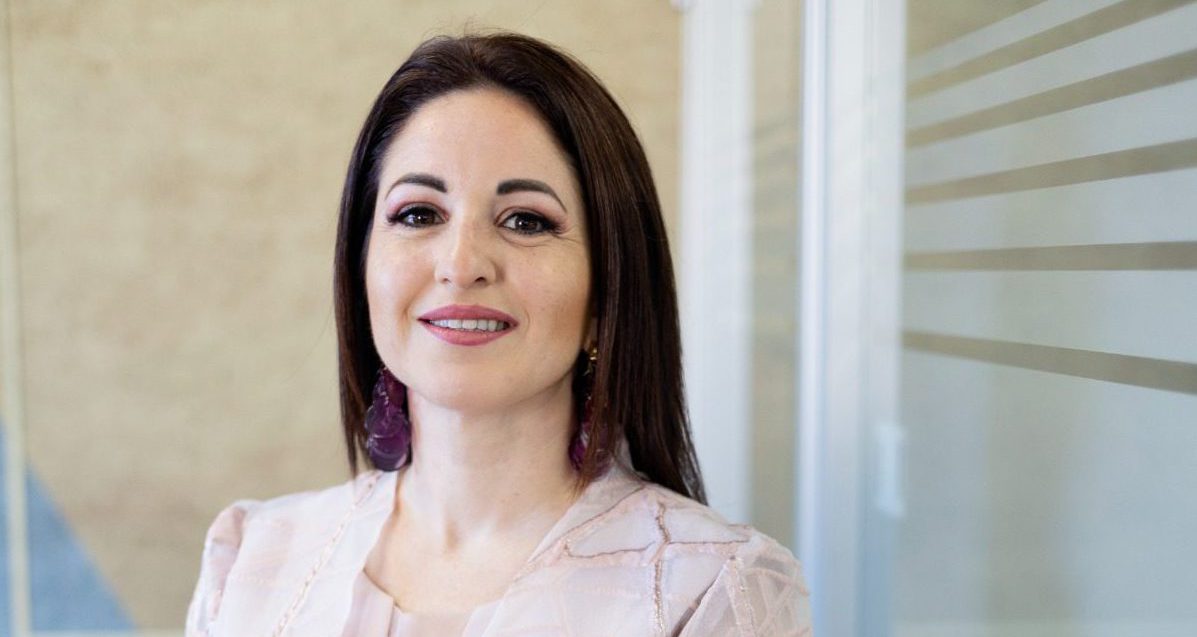The COVID pandemic roiled the global economy. As entire nations shut down to restrain the spread of the virus, job markets were heavily impacted, with employment levels falling precipitously and millions finding themselves out of work.
Malta, however, seems to have avoided the worst impact of this. The nation’s most recent unemployment figure – 4.4 per cent – is an increase of less than one per cent on the same rate the year before.
For context, unemployment in the euro area as a whole stood at 8.3 per cent in the same period, up from 6.5 per cent the same time the year before.
BusinessNow.mt sat down with Lara Camilleri, Chief Operations Officer at Konnekt, which describes itself as “Malta’s largest and most innovative recruitment agency”, to discuss the impact of the pandemic on recruitment and employment trends in Malta.
Shaken confidences

Reflecting on the year dominated by the pandemic, Ms Camilleri explains, “we had about three months where Konnect’s recruitment was quite heavily affected”, though, she says, the IT sector resisted much of the impact.
Since then, recruitment levels have picked up to “pretty much normal levels” in all the fields, except hospitality.
In the immediate wake of the start of the pandemic, employees were nervous about transitioning careers, considering that when it comes to redundancies, companies often employ “last in, first out” ideas, she says.
However, Ms Camilleri notes that confidence seems to have rebounded and that candidates have “quite a good level of confidence when moving jobs”.
A sector where candidates are reluctant to cross over into, however, is hospitality, given the not-entirely unjustified perception that it is this industry taking the brunt of the impact when crisis hits.

Concern about the hospitality industry is further underscored by those in the tourism industry, where Ms Camilleri has had candidates tell her they want to change their career paths “because the tourism industry is always the first to get hit”.
From the perspective of Konnekt’s clients, which includes some of Malta’s most prestigious employers, she identifies a phenomenon that has seen them shifting towards a focus on retaining existing staff.
As such, Ms Camilleri comments, there are higher instances of employers making counteroffers to get employees to decline employment offers from other companies.
Graduate jobs and entry level roles

With regards to graduate jobs and entry-level positions, Ms Camilleri explains that in Malta graduate applicants have dropped off generally, although in the IT sector this has largely remained the same.
One possible reason for this is that because of travel restrictions imposed by COVID and authorities encouraging employers to hire locally, fewer foreign graduates are applying for positions in Malta.
It is especially notable that application volumes in Malta have decreased, as opposed to open positions, when considering that in many other countries the opposite seems to be the case.
A report by DW, for example, identifies that elsewhere, “a tsunami of applications is hitting job openings, and grads are growing in rejections”.
In October the Organization for Economic Co-operation and Development warned that a generation of Europe’s young people risk being left behind, as employers halt hiring plans during the pandemic.
‘A candidates market’
Ultimately, Ms Camilleri believes the jobs market is still a candidate-driven market, meaning the impetus lies on the employer to attract employees.
As things stand, in her experience at Konnekt, she still sees candidates “spoilt for choice”, and receiving multiple offers for different positions.
Asked whether she expects that to change, she errs on the side of saying no.
Most industries that Konnekt’s clients are active in are actually doing okay, she says, again with the exception of the hospitality industry.
Whilst Ms Camilleri acknowledges, “it is very possible that we’ll see the results of [COVID-related economic contractions] in the jobs market in the coming year,” she disagrees with comparisons to the post-war economy.
“I don’t think we’re there yet. I haven’t seen it. The way clients are reasoning isn’t quite there yet,” she says.
An exodus from education and the public sector
One trend that has emerged that Ms Camilleri is surprised by, is that the company is seeing an increasing number of applicants in the public sector and education industry, which she says are traditionally regarded as quite stable “lifelong” fields, looking to move to different fields.

Speculating, she thinks this might be because teachers are having additional pressures placed on them by remote working arrangements, aggravating burnout in the sector.
She comments, “I think we have a real issue with an inequity when it comes to salaries in the market locally”.
Asked whether she thinks this will see the education sector especially forced to offer more competitive packages to its employees, she says she doubts it.
“It will take an upheaval from the core to change this,” she predicts, “the perception of the education sector, both from within and without needs to be changed”.
After all, she says, “teachers are the people responsible for framing and building our future.”
More flexible working arrangements?
Ms Camilleri identifies that the pandemic has brought a change in the philosophies of employers and employees with regards to flexible working arrangements.

Whilst previously, generally it was only the occasional female candidate asking about flexibility in their aspiring roles, it is now something that a lot more clients are putting an emphasis on.
Employers are realising, she says, that “flexible arrangement bring savings in time and morale,” without damaging productivity.
“The pandemic could have a positive long term impact on the jobs market, in so far as companies have been forced to understand that its okay to have people working from home,” she augurs.
Upskill
Asked for advice on what potential job seekers can do to increase their odds of getting hired, Ms Camilleri gave a number of tips.
Firstly, they need to make sure their CVs are updated, and importantly, look good. “Don’t just use a standard template,” she says.
Additionally, candidates should “monitor job sites so they know what to look for.” Job seekers should target specific roles, rather than aiming for general employment, to avoid seeming “all over the place”, she suggests.
Of course “it is always good to reach out to an employment agency for help.”
Lastly, it is important to remember that despite the unconventional times, the standard practices still apply. Be punctual to interviews, and send follow ups thanking the employers for their consideration and time.
Uniplural Group: ‘Our brand transformation fortifies our position as a one-stop-shop within the community’
The newly rebranded Uniplural Group provides a diversity of care services strategically united to embrace emerging growth prospects
Print&Merchandise embracing sustainable merchandising solutions
Janice Calleja, manager at Print&Merchandise, highlights the company's high-quality, bespoke services, alongside its evolution towards eco-friendly solutions
‘Regulating what is happening today is only part of what we do at the Malta Communications Authority’
Inġ Antoine Sciberras explains how the regulatory authority strikes a balance between healthy competition, and facilitating new tech investment





